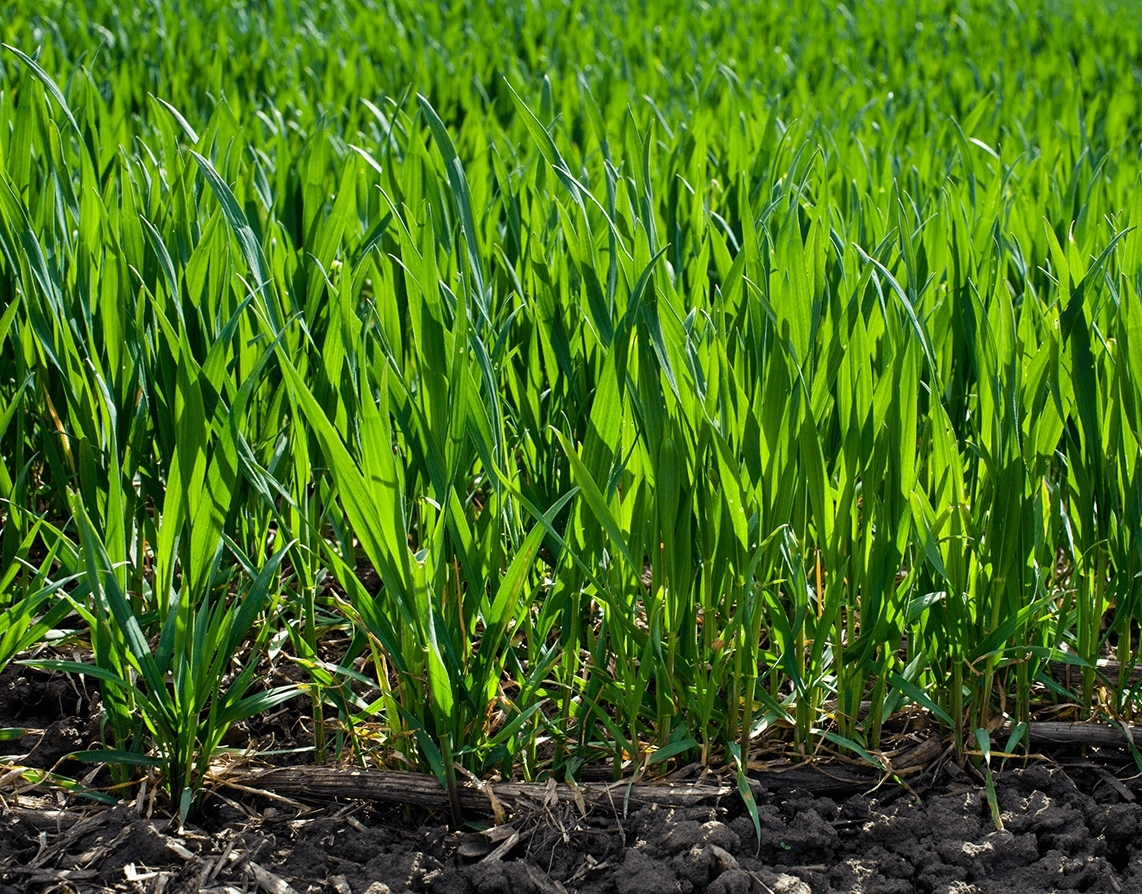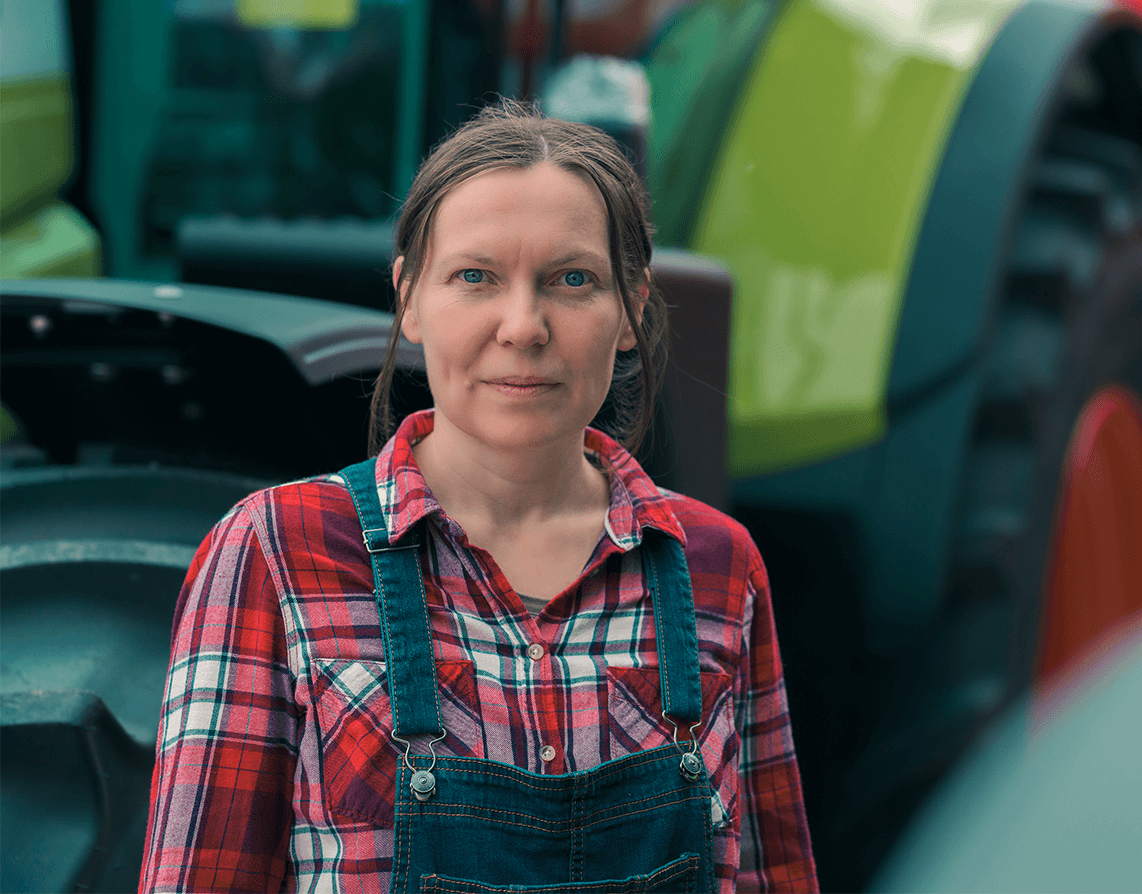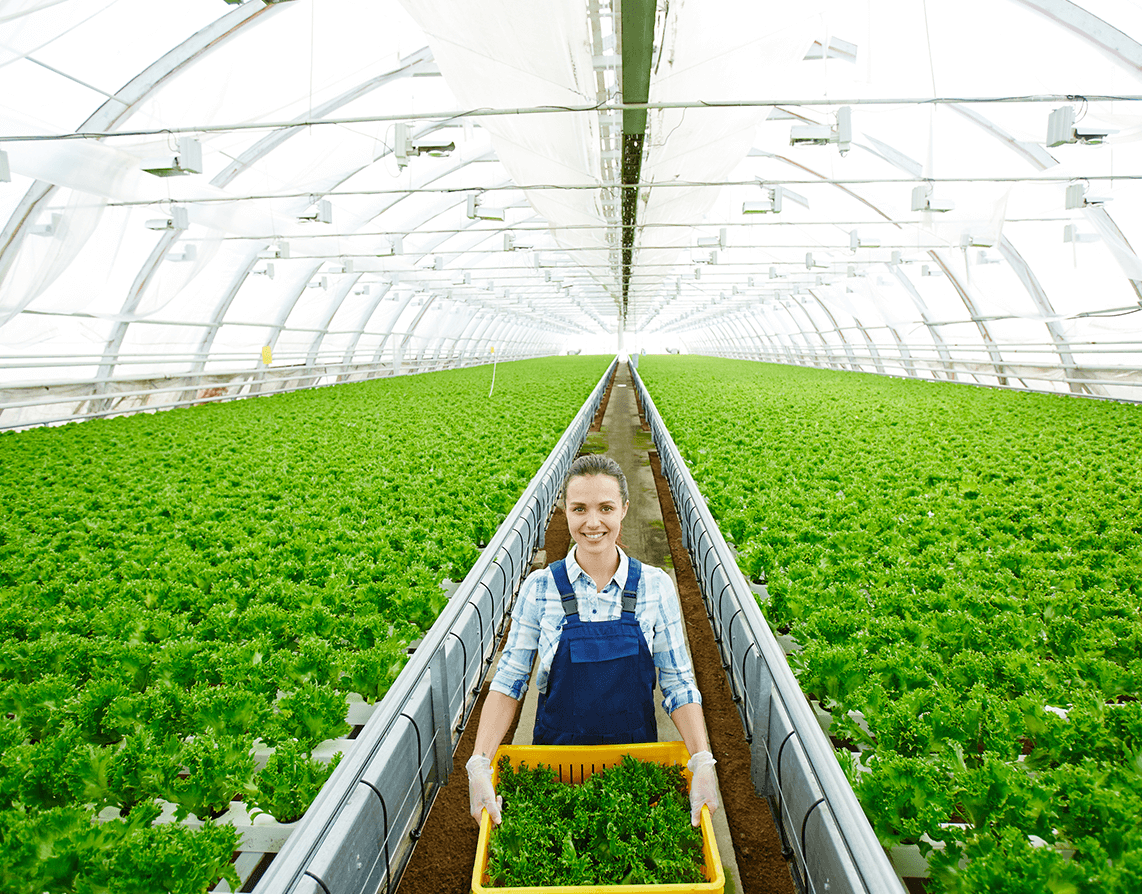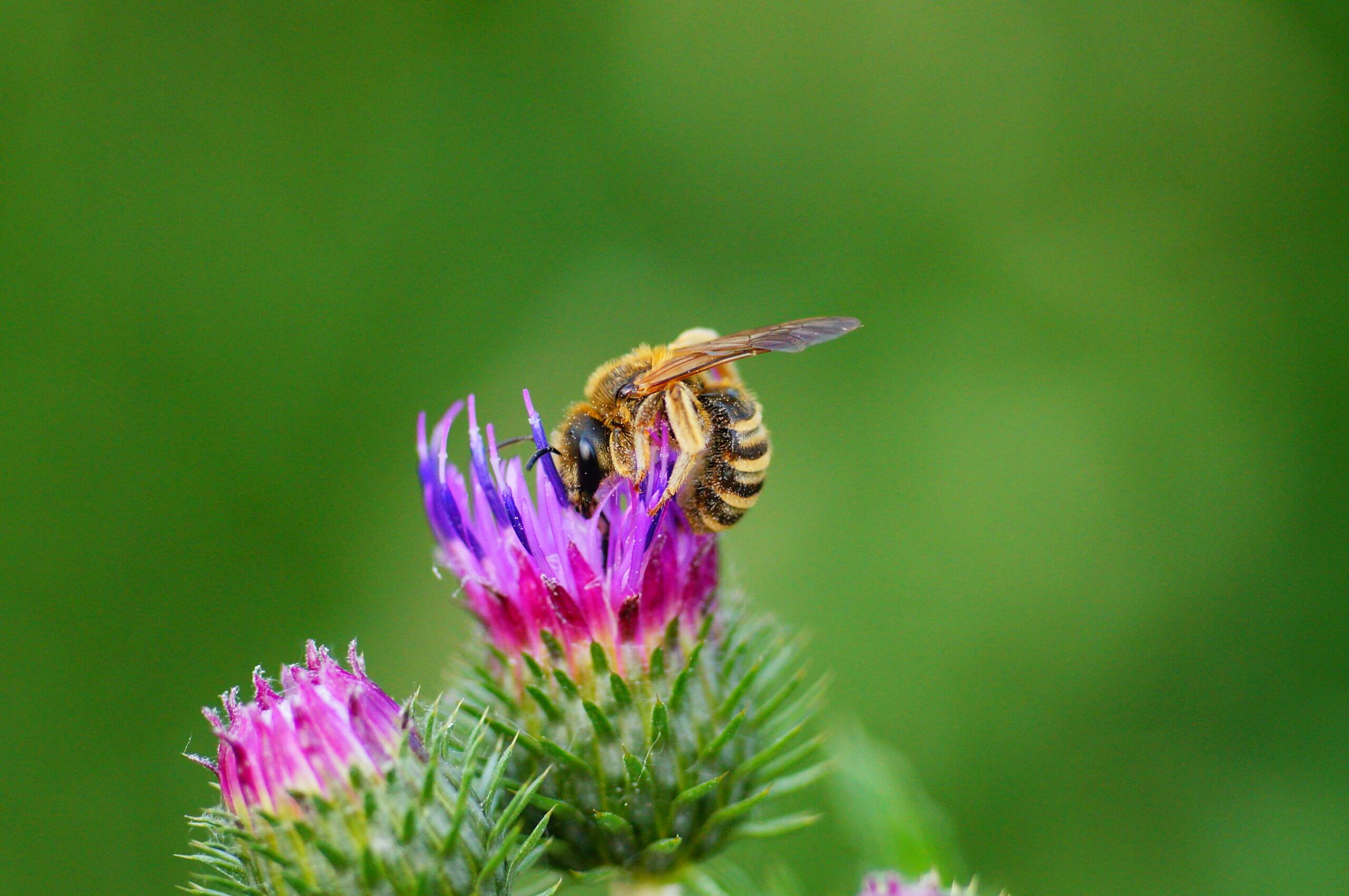The Big Food Redesign
We looked at regenerative farming in a recent piece and that has led us to think about another concept that is being discussed widely in the Agri-Food industry. The Circular Economy. As the name implies this is looking to move away from a linear economy where a large proportion of material ends up as waste, towards as much reuse as possible.
What if food could build biodiversity and tackle climate change?
At the top of the website for the Ellen MacArthur Foundation’s website they pose the question: “What if food could build biodiversity and tackle climate change?” In our recent blogs we have looked at some of the ways that is being achieved. Fast moving consumer goods (FMCG) suppliers and retailers have a considerable influence on the food system and can affect how land is used and what food is presented to consumers.
The big food redesign report suggest 5 possible actions the FMCGs can take to make the food system more “nature friendly”.
.


Action 1
Create ambitious and well-resourced action plans to make nature-positive product portfolios a reality: This suggests that the FMCGs need to set clear goals to tackle climate change and biodiversity loss, including assessment of current environmental and economic impacts at the farm level. By empowering development teams to prioritise the design of products in line with the principles of the circular economy model they will create food that has a lower impact on environment in which they are grown.
Action 2
Create a new collaborative dynamic with farmers: Building strong relationships with farmers and growers that are based on elements other than price. The report says, “by designing with farmers, FMCGs and retailers can embed evolving farm system realities in food design strategies over time”.


Action 3
Develop iconic products to showcase the potential of circular design for food: Testing new concepts and products with consumers and renovating core brands to reflect new priorities will take time but presents clear long-term economic and environmental opportunities.
Action 4
Contribute to and use common on-farm metrics and definitions: The FMCGs need to take on new metrics to measure farm-level impacts of product design decisions, track progress towards company targets, and provide stakeholders and customers with accurate information on the benefits of moving towards nature-positive foods.


Action 5
Advocate for policies that support a nature-positive food system: Businesses can promote policy development by advocating for measures that support circular design for food and a nature-positive food system with Government, locally and nationally. As well as encouraging the adoption of United Nations’ Sustainable Development Goals.
Conclusion
Super Motion create films about agriculture and food that document the inspiring stories of change and growth in the drive for improved food production methods. At our Agri Food Pioneers You Tube channel we talk to people in the agri-food industry about the positive and environmental changes they are making to deliver a sustainable, low carbon and regenerative future. Our mission is to deliver powerful stories from the agri-food world that captivate our clients’ audiences. Book a strategy call with us today to learn more about how video can communicate your story effectively.

Recent Comments